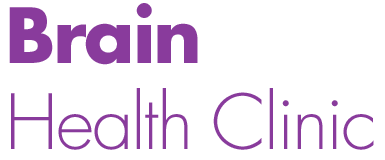
More than 10,000 clinicians use Z-score neurofeedback training to help their clients. This particular method of neurotherapy is useful to people with traumatic brain injuries, concussion damage, epilepsy, chronic pain, substance abuse issues, PTSD, depression, anxiety, and brain fog. How does this widely used neurotherapy procedure actually work?
Comparisons to the Norm
First off, many people ask just what is a Z-score? The name is actually a mathematical term, and it indicates the difference between a given numeric value compared to an average value. Therefore, to create a neurofeedback Z-score the Brain Health Clinic analyzes your brainwave activity and then compares those brainwave results to the average value of brainwaves generated by a large group of people in your age group. These averages are called norms, and they’re created by research scientists who recorded the brainwave activity of very many “normal” individuals.
What does it mean to be a “normal” person for a brainwave study? Any participant in such research must first take a number of psychological tests to make sure they fit within the definition of an average healthy person. Likewise, a physiological examination must rule out any kind of brain damage or health issues that might affect their brainwave results. After getting a “clean bill of health,” both physically and psychologically, a subject can become a participant in a brainwave norming study.
For the therapists at the Brain Health Clinic in Sacramento, we then use these norms to compare your brainwave activity across many different categories to published average brainwave activity. The differences between your brainwaves and average brainwaves is your Z-score. When we see a particular brainwave category that is significantly different from the average, then we know where we should start with your brain training via neurofeedback.
Experience Informs the Therapy
Successfully applying the results of Z-score testing involves more than simply looking at numbers and then selecting a training regimen. The significant experience of the therapists at the Brain Health Clinic, led by Dr. Gay Teurman, enables us to recognize brainwave patterns that suggest the use of one particular training mode over another. The result for our clients are faster improvements and better long-term outcomes.
If you would like to have a free consultation to determine if Z-score neurofeedback training can be helpful to you, contact the Brain Health Clinic online or by phone.
